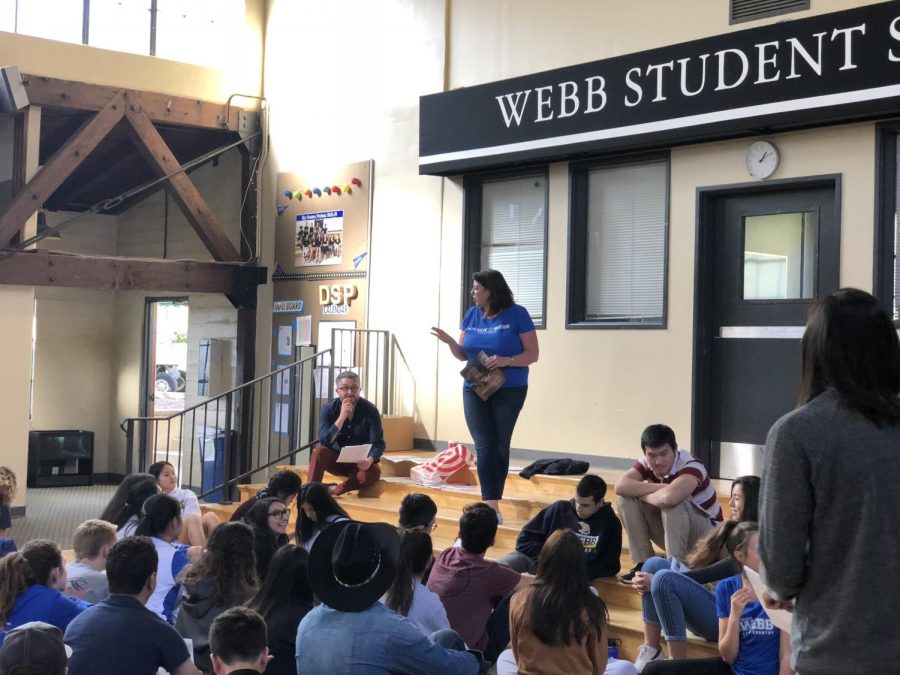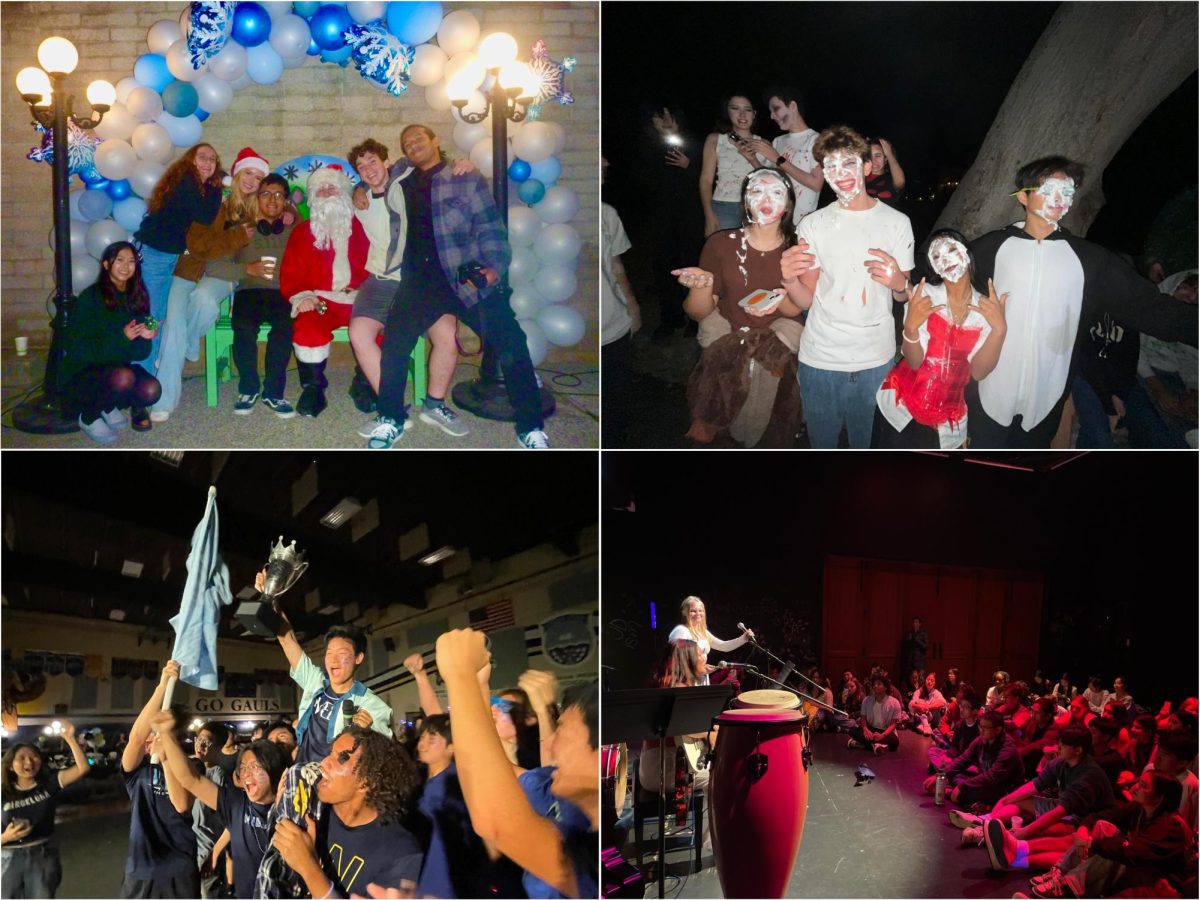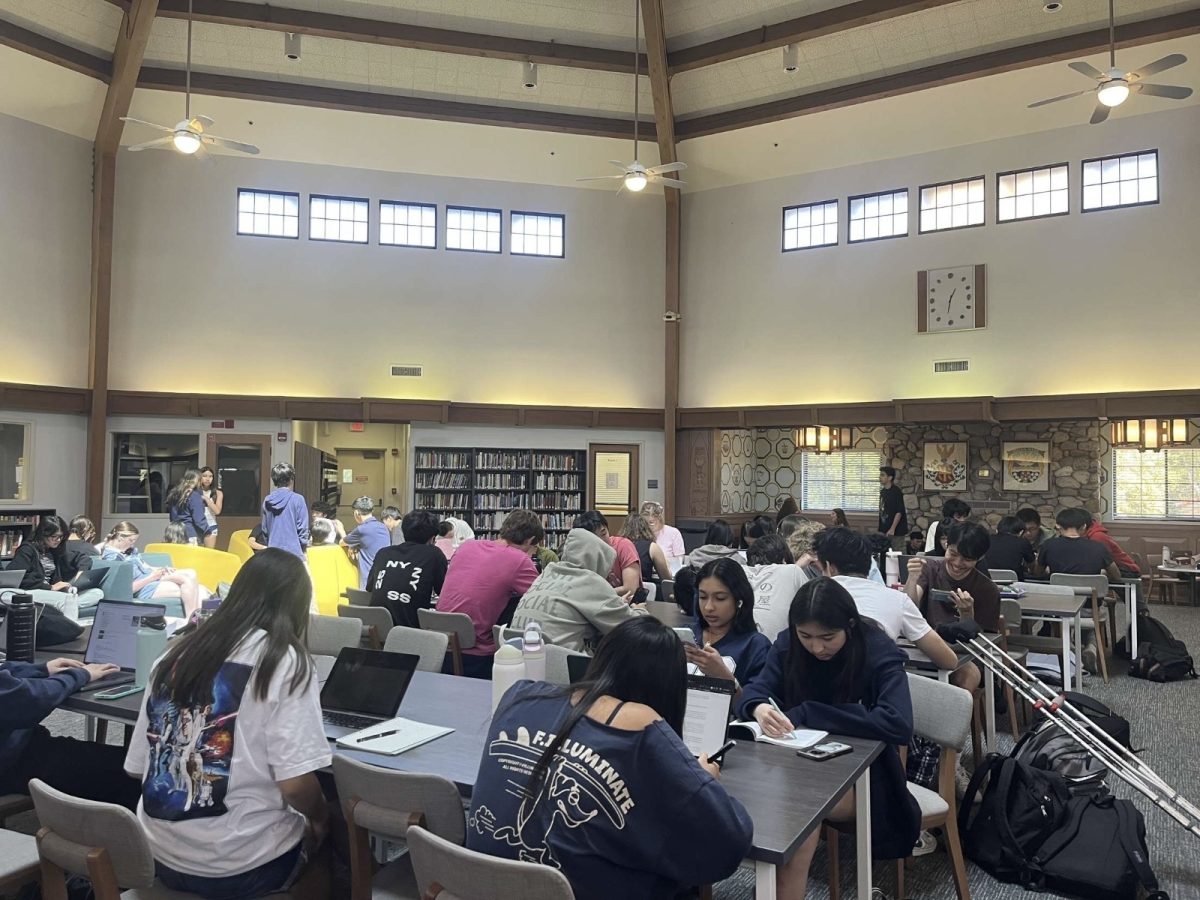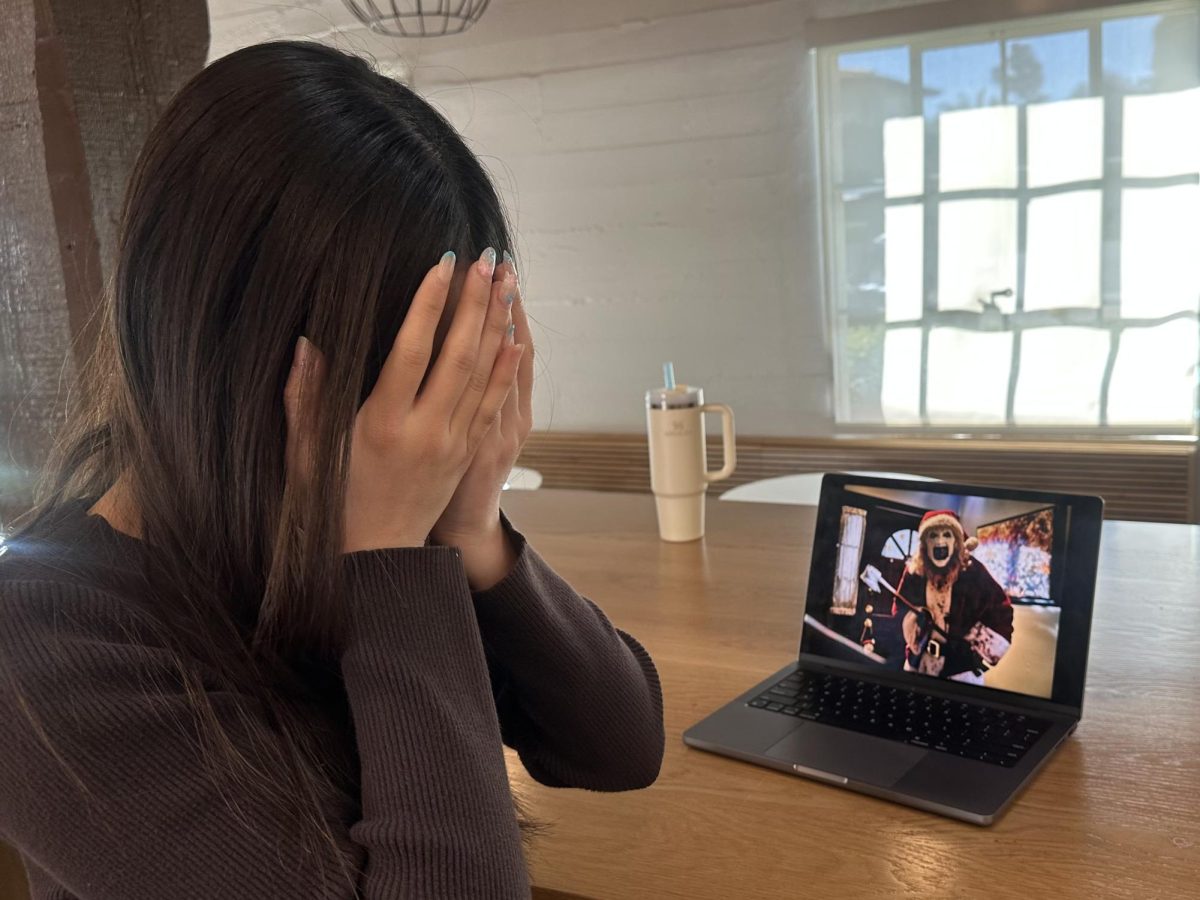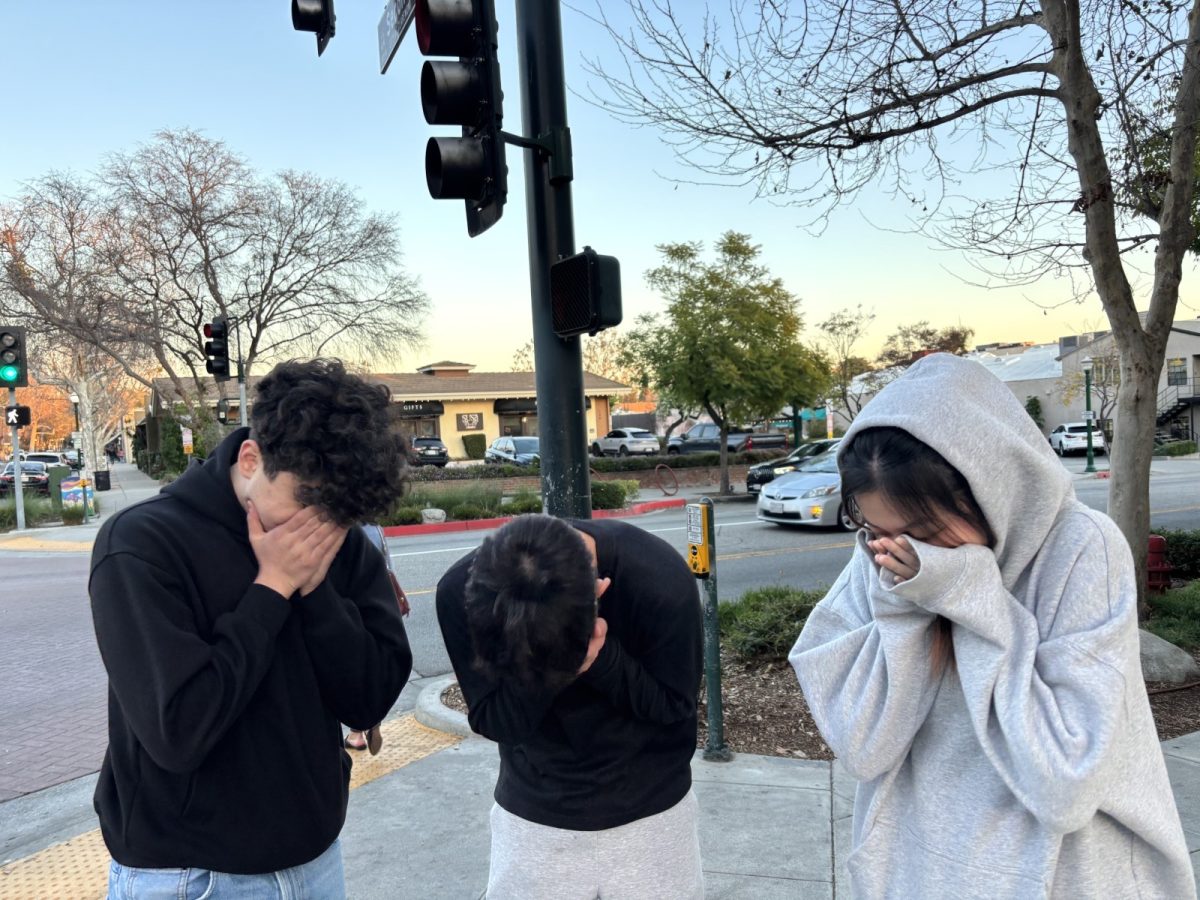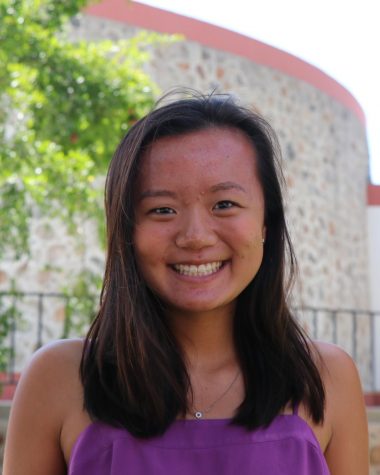If you are a fan of Buzzfeed personality quizzes or have a particular knack for psychology, you would love to have been a junior taking the Myer-Briggs Type Indicator (MBTI) test.
On Wednesday, November 28th, the junior class gathered in the Hooper Student Center during Health and Living to receive hard copy profiles of their personalized MBTI test results that they completed prior to November break.
The results are comprised of four categories: extraversion (E) or introversion (I), sensing (S) or intuition (N), thinking (T) or feeling (F), and judging (J) or perceiving (P). Each evaluation displays a code for one of sixteen distinct personality types.
Rebeca Castro (‘20) said, “I was in a personality type code group with four or five other Webb students who were all INFP, which means we are ‘the idealists’ who all identify with introversion, intuition, feeling, and perceiving. To be honest, I wasn’t really surprised by results because I got moderate to slight association for each of my categories, and I personally consider myself an ambivert. However, I was pretty surprised that I scored more towards ‘feeling’ over ‘thinking’ because I thought I was more inclined to think things through a lot, but these results proved otherwise.”
Each student’s packet contained valuable information such as their preference clarity index (pci), a snapshot and more detailed description of their personality code, an example of a similarly scoring famous person, and the percentage of other students relative to the domestic population with their respective personality type.
Luke Raus (‘20) said, “I found out I am ‘the scientist,’ or an INTJ. I’ve actually interacted with Myer-Briggs indirectly online before and heard that other similar people I knew identified with INTJ, so I secretly knew all along that that was what I would get. After reading my results, I thought they were pretty accurate. It’s also interesting to see all my close friends were either in my box or the box right next to me. These results show just how close we are, both in our personalities and our friendships.”
Melanie Bauman, Director of Counseling & Health Education, said, “With the exception of some years with budgetary restraints, we have been doing this test since 2005 as part of the Dies Mulieris, and later transitioned to do it with junior leadership retreat. We have always targeted juniors specifically because the MBTI questions are developmentally worded for those around the ages of 16 or 17. Junior year is when students start to work together as a class and gain more understanding of class dynamic because they have been in classes with each other long enough, especially humanities, so they have had plenty of time to work together.”
Regardless of whether or not juniors were particularly surprised by their individually tailored results, the Class of 2020 discovered which members of their batch shared their specific personality codes as well as more about how they interact with the world around them.


